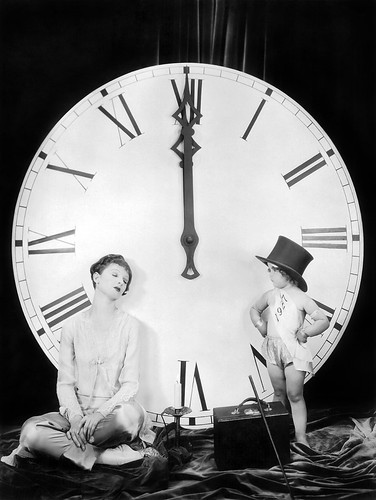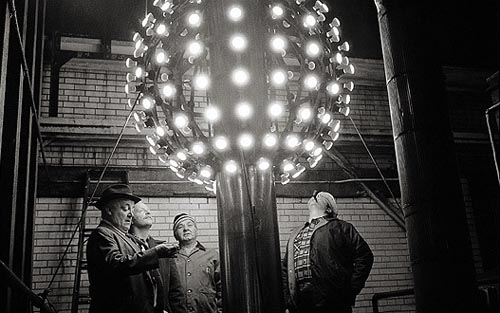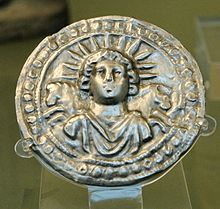Today I read
a lovely reflection on the Advent season by James Martin, SJ. Martin, who is the editor of the popular, slightly progressive Catholic journal
America and a regular media contributor, revives the notion of Desire as a positive human - even Christian - emotion.
Advent is the name given by Christian churches to the twenty-four days leading to Christmas, ie, the whole of December. During this time special activities are planned, decorations are dusted off, and annual traditions are revived, all in the spirit of putting people in the Christmas spirit. Coincidentally, Advent starts just about the same time that radio stations play holiday tunes nonstop.
 |
| What's the point of Advent? |
The point is
to build the anticipation that makes Christmas such a special, harrowing, or intimidating part of the year. In Christian circles this comes in the form of language of desire, hunger, for the birth of Jesus. James Martin writes that, contrary to the popular culture of fasting, discipline, or asceticism, Christianity has a rich, deeply ingrained tradition of desire - physical and spiritual -
as a holy emotion.
Remember, to share our desire we must first drop the wall of self-sufficiency and confidence that, for me at least,
gets in the way of real relationships.
Last week
I wrote about Brene Brown's vulnerability revival. Remember that desire is a type of vulnerability, and expressing our hunger or longing with our community is a way to help us remember how much they support us - and we support them.
For Christians this might take the form of finding ways in which Jesus plays an instrumental role in our lives, and expressing our need for that influence. That's a pretty positive, growthful, and inclusive Advent practice.
 |
Holiday meals are really important
spiritually and anthropologically |
But for the rest of us this time of year can be growthful, too. People around the world have celebrated harvest and winter festivals throughout history. As it becomes cold and dreary outside, we want to share our storehouses with each other, and each others' warm company. Snuggling is still better than a space heater, and if nature tells you to carbo-load anyway, why not bake a cake and invite friends over.
The holidays really are for all of us. This year, during Advent, we can desire each other without fear or shame, and we can give support to each other openly. Advent might even kick-start New Years resolutions to be more open, make more friends, and feel less isolated, stressed, or anxious.
Oh Come Oh Come Emmanuel!
























